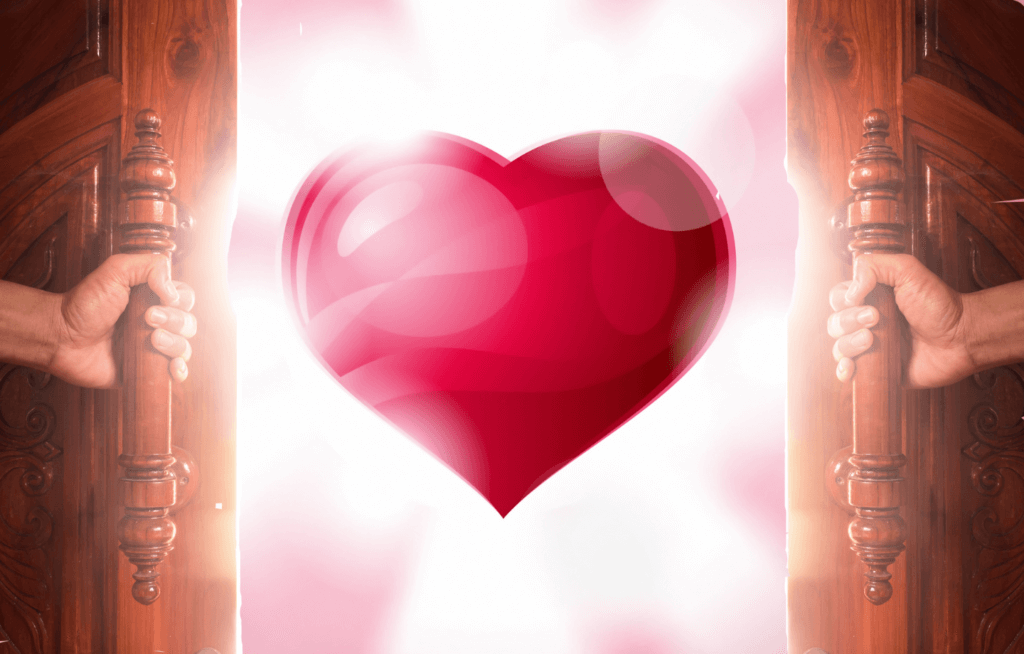
- This event has passed.
It Happens Every Spring
Sunday, April 17 @ 10:30 am - 11:30 am


Join us as we celebrate Easter. What does it mean to celebrate Easter as a Unitarian Universalist?
How to Attend
In person participants MUST BE VACCINATED! Read more about the process here.
• To virtually attend, please Zoom in using room number 989 3107 9078, passcode: chalice.
• To phone into the service, call 669-900-6833, Meeting ID: 989 3107 9078.
For those joining virtually, please mute as soon as you enter the room, so everyone can hear. Please note, the services will be recorded, but at this time, there are no plans to share the recording.
More Information
Both virtual and in person services are followed by coffee hour.
For the latest on Religious Education programs, click here.
Sermon Audio
It Happens Every Spring
Sermon Text
Today is Easter, a holiday that dismays many Unitarian Universalists. Claims about Jesus’ bodily resurrection and his ascension to heaven, when taken literally (as they seem to be by many orthodox Christians) defy UU sensibilities and, as a result, most Unitarian Easter celebrations shy away from the Jesus story and focus on the rebirth of the natural world. I’ve done this myself from time to time, but this being my last year as your minister, I want to try one final time to explain Jesus and the universal redeemer myth in ways that UUs can understand and, perhaps for some of you, get behind.
Now consider the social and political context in the Mediterranean and Middle Eastern world at the time Jesus appeared on the scene—how intrigue within the Roman aristocracy had led to the collapse of the Republic and its transformation into the ruthless and militaristic Roman Empire. Ancient Palestine in those years was a Roman province or territory; its rulers cut a deal with Roman authorities enabling them to survive semi-autonomously. This infuriated the more zealous Jews who, in turn, called for armed rebellion…and looked for a King David-like Messiah who would lead the uprising.
Into this situation walks Jesus, an unknown provincial living on the edge of
- A ruthless, heavy-handed empire;
- Amid increasingly desperate zealots looking frantically for a revolutionary patriot to lead a rebellion; and
- Anxious religious nuts combing prophetic literature and looking for a sign.
As I have said a few times over the 46 months, the New Testament contains two religions—the religion of Jesus and the religion about him. UUs have always been most concerned with the religion of Jesus: his life and teachings. Thomas Jefferson, a Unitarian, described these teachings as “the most perfect system of ethics ever proposed.” Its salient characteristics include:
- His proclamation of the Kingdom or Reign of God within us or in our midst.
- His use of parables wherein he described a radical new order—an order, he seemed to imply—that prevailed for those who chose to see and believe in it.
- His periodic withdrawal for purposes of prayer and meditation. And
- his alleged capacity to heal. (This may have been a metaphor.)
Last week Christians across the globe celebrated Palm Sunday; Jesus’ triumphant entry into Jerusalem. He came to the ancient provincial capital, along with some loyal followers, to proclaim his vision of the imminent Kingdom to the throng gathered there for the annual feast of Passover. Immediately he drew attention to himself by upsetting the tables of the entrepreneurs exchanging foreign for Israelite currency in the shadow of the Temple. He was angry declaring that the priests had turned a house of God into a den of robbers. His act of overturning the tables of the money changers is found in all four gospels, but in Mark—the oldest account—it’s 2added that the temple was meant to be a house of prayer…for all peoples. In Mark’s telling, Jesus is more than a reformer who wants to clean up temple corruption—the change he has in mind is revolutionary, not only to clean up the temple but to transform it, not just for the people of Israel but for the whole world.
Upsetting the moneychangers, together with his teaching in the Temple area, quite likely added to his popularity with the people, but it clearly incurred the hostility of the Sadducean temple clique. At this point Pontius Pilate, the Roman military governor, possibly fearing that this popular religious leader with his teaching about some kingdom other than Caesar’s might become the center of a popular disturbance or revolt against Rome, arrested Jesus. Following a summary hearing, he was condemned and crucified as a criminal. His followers, their hopes for a new order utterly dashed, were crestfallen.
The story now becomes the religion about Jesus: how his death somehow atoned for the sins and thereby redeemed the souls of humanity. Many UUs find this part of the story unclear—at best. And with good reason, since the universal redeemer myth requires an a priori belief that humanity is somehow intrinsically flawed, and in need of redemption. Unitarian Universalists, however, do not, as a rule, believe in original sin. The problem, I think, has to do with the word “sin,”—missing the mark—which too many of us confuse with evil. If we contemplate sin as being not about evil, but about off-centeredness, the whole redeemer idea makes more sense.
Think of it this way: In the midst of the dereliction and corruption that was imperial Rome, the prophet Jesus appears. He offers an ethical, down-to-earth, uplifted view of life and human destiny—one that captured the imaginations and consciences of almost all who heard it. People were inspired and hopeful. Their cynicism and despair gave way to optimism and confidence—not only in themselves, but in society, too, that somehow this youthful leader might usher in a new, more just and humane order. All this was in the air—and in people’s hearts—when, suddenly, it all came crashing down. It was like when John Kennedy was assassinated. Or Robert Kennedy. Or Martin Luther King. Even worse since, at least in those contemporary instances, officialdom responded with outrage, words of remorse, and carefully designed public mourning rituals to help the nation heal. When Jesus was summarily executed, on the other hand, officialdom—like Pontius Pilate—washed their hands of the matter and turned aside. So much the better, they seemed to say, to have that rabble rouser out of our hair. Jesus’ followers went from great optimism to fear to disconsolate grief…all in a matter of hours. Talk about the collapse of one’s dreams!
Shell shock notwithstanding, reeling though they were, they reconnoitered and consoled each other. They had all experienced the tremendous impact of the Nazarene as a physical fact, a psychical fact, primarily a moral fact, both in his life and his death. How is it possible for such a person to come to such an end? What stupid forces in the universe there must be to thwart such a life? Even more, what limitless resources nature must contain to be able to bring forth such a person? These are the thoughts running through all of Jesus’ followers in the hours and days immediately following his execution.
These earliest followers had not been interested in theological dogmas or in founding any religious institutions. They had been attracted to Jesus because he represented a wonderful model of a person active in the world through an ethical commitment to all human beings. They’d been attracted to him because he represented both the struggle—and the resolution of the struggle—between body and spirit, rebellion and acceptance, freedom and submission, and finally, between life and death. They’d been attracted to him because he exemplified the passages through which all of us—all of us who are growing—must pass. The way in which he lived and the spirit by which he lived gripped their hearts and imaginations—and enlisted their commitments, despite the ignominy of his death.
Think about it! Here was a protester who had challenged the leaders of his community for being too commercial; a heretic who publicly disparaged long held religious customs; An inclusivist who ministered to the hated Samaritans and cavorted with known low types; a bohemian who ate and drank with notorious sinners and said that prostitutes would be among the first in paradise; a radical who, with no thought to his own comfort, followed only the law of love; a hero who faced his judges with equanimity and non-defensiveness; a martyr who, forgiving his enemies, bravely faced his death and gave himself to the mercy of God.
These are the memories of the prophet, which we call Easter and which remained long after the grief of the crucifixion. They are qualities we celebrate today, redemptive qualities that engender—for those who have integrated them into their own lives—great meaning and purpose. That offer direction and arouse deep connections to other people, and to life itself. And that inspire others to follow in Jesus’ footsteps, from the early Christians to Martin Luther King to and to us, today. The prophet died, but the message, and the living spirit with which it was delivered, lives on. That spirit, that message, is Easter. And like the ever-renewing earth, it will not, and cannot, die…but liveth on and on..
So May It Be. Amen.
Event Details
Transportation & Parking
Google Maps offers you door-to-door directions for driving, walking, biking, or public transit.
We have several parking lots. Our upper lot, off SE 32nd Street, is closest to our Sanctuary, it has handicap and stroller parking. There is a roundabout for drop-offs. Our lower, main parking lot is also off SE 32nd Street. There are stairs that will lead you up to the Sanctuary. If that lot is full, there is also street parking on 32nd Street.
Accessibility
Learn more about accessibility at East Shore here.


